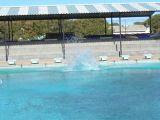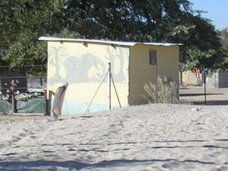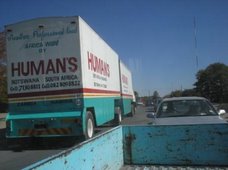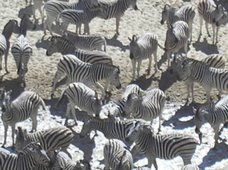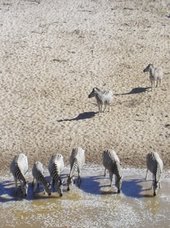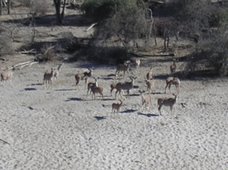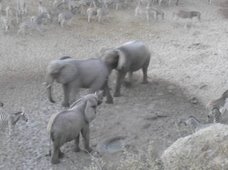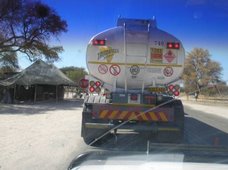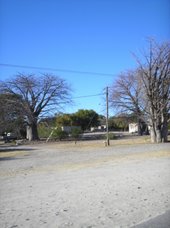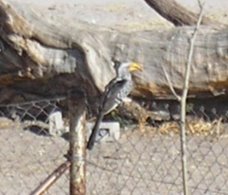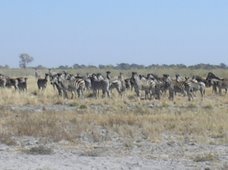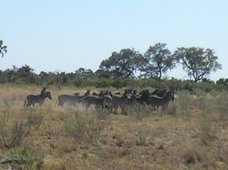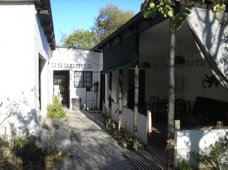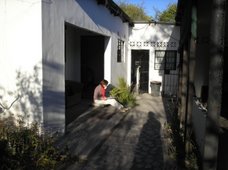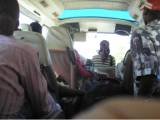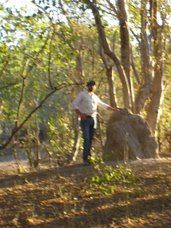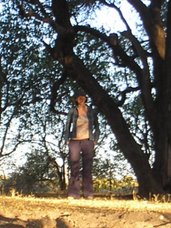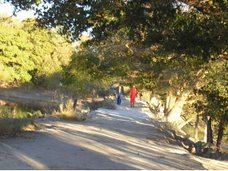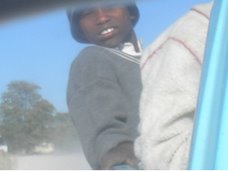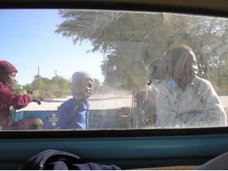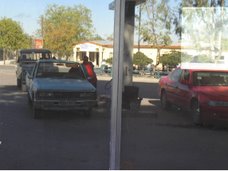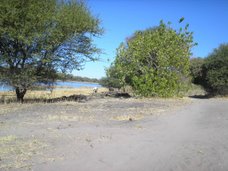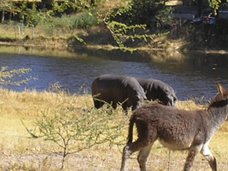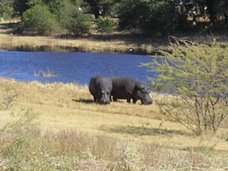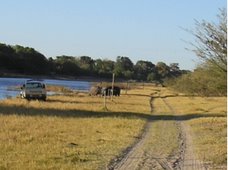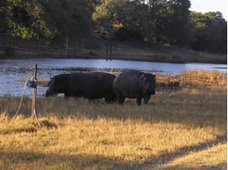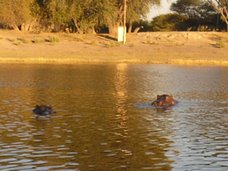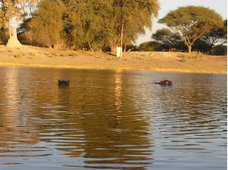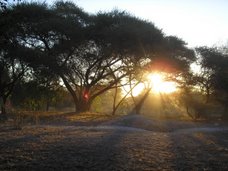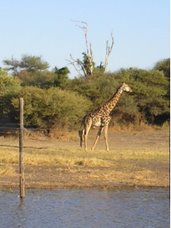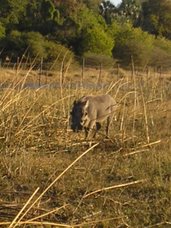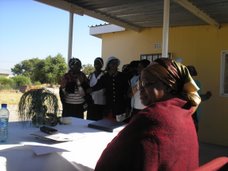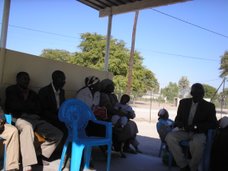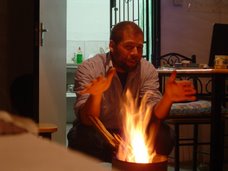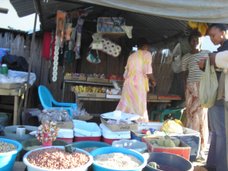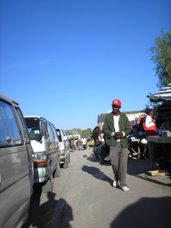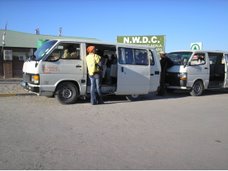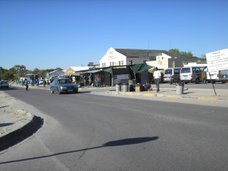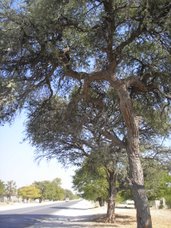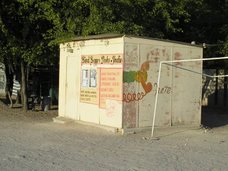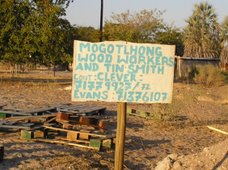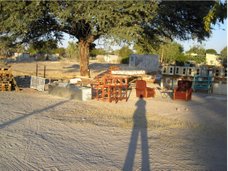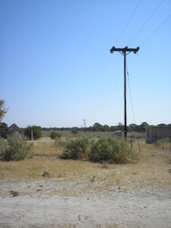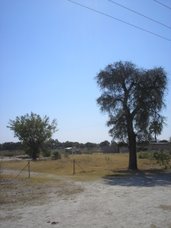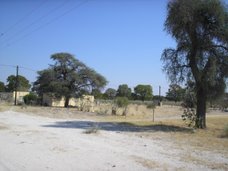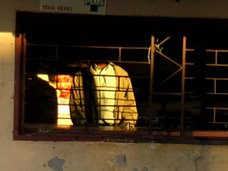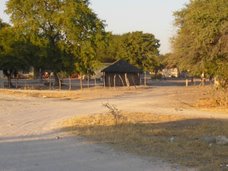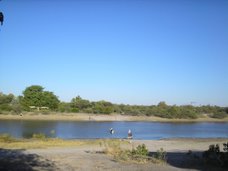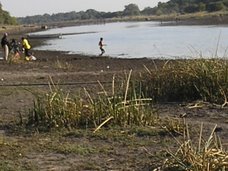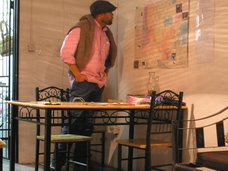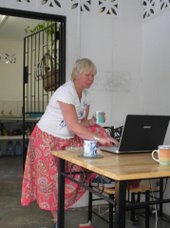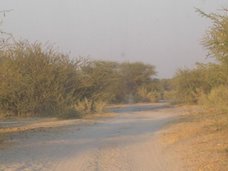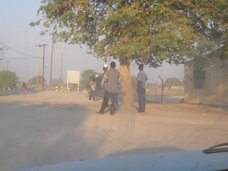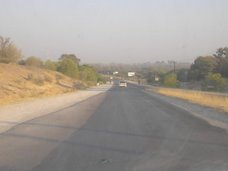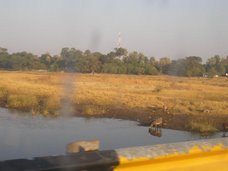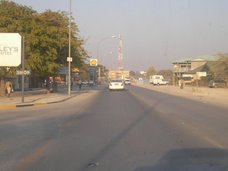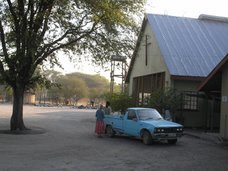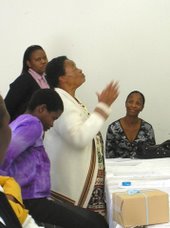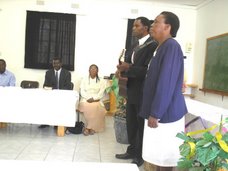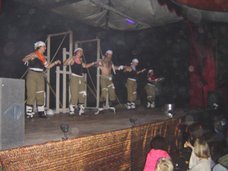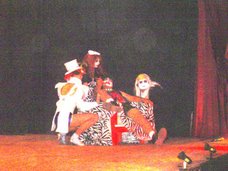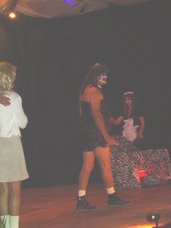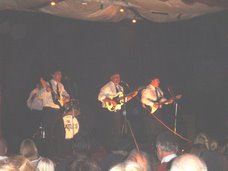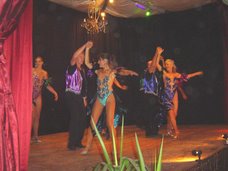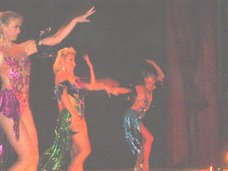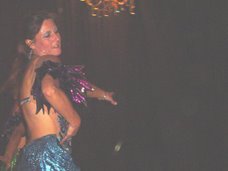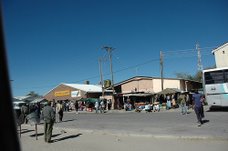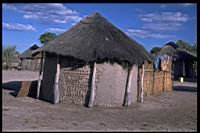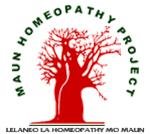Celebrating Our First Year
We have just celebrated our first full year of running the homeopathy clinics in Maun. “The homeopathy has changed peoples’ lives” says Stella, co-ordinator of our biggest clinic at the Lutheran Church.
The clinics have been made possible by 3 key factors: the generosity of individual donors; the time, hard work and commitment given by volunteer homeopaths; and the strong and warm partnership we have developed with local agencies in Maun. Arun Mushiana, Volunteer Homeopath, says “The homeopaths are so loved here, and at the clinics we see daily miracles.” Word has spread and people living with HIV and AIDS travel from all over Botswana to get treatment from us. It is not unusual to hear from a client that they have arrived the day before from their village 500km away to join the early morning queue at one of our clinics.
We have just celebrated our first full year of running the homeopathy clinics in Maun. “The homeopathy has changed peoples’ lives” says Stella, co-ordinator of our biggest clinic at the Lutheran Church.
The clinics have been made possible by 3 key factors: the generosity of individual donors; the time, hard work and commitment given by volunteer homeopaths; and the strong and warm partnership we have developed with local agencies in Maun. Arun Mushiana, Volunteer Homeopath, says “The homeopaths are so loved here, and at the clinics we see daily miracles.” Word has spread and people living with HIV and AIDS travel from all over Botswana to get treatment from us. It is not unusual to hear from a client that they have arrived the day before from their village 500km away to join the early morning queue at one of our clinics.
Volunteering in Maun:The Homeopaths’ Stories
“It’s hot, hard work and there’s so much suffering but volunteering in Maun is the most important thing I’ve done in my life,” Julia Hunn.Ten volunteer homeopaths so far have donated their time, energy and money to run the clinics in Maun over the last year taking unpaid leave to do so. Our heartfelt thanks goes to them - Margaret Ecclestone, Noam Bar, Lesley Murphy, Julia Hunn, Jane Harter, Cleo Cameron, Arun Mushiana, Elaine Weatherley-Jones, Penny Rowe and Bridget Allison.
“It’s hot, hard work and there’s so much suffering but volunteering in Maun is the most important thing I’ve done in my life,” Julia Hunn.Ten volunteer homeopaths so far have donated their time, energy and money to run the clinics in Maun over the last year taking unpaid leave to do so. Our heartfelt thanks goes to them - Margaret Ecclestone, Noam Bar, Lesley Murphy, Julia Hunn, Jane Harter, Cleo Cameron, Arun Mushiana, Elaine Weatherley-Jones, Penny Rowe and Bridget Allison.
Lesley Murphy tells the story of one lady: “She is HIV+ and I was asked to go and see her as she'd been struggling with possible malaria for 10 days. I did a home visit, and found her on a mattress on the floor, covering her eyes, as she couldn't cope with light, barely able to speak as she was so weak, and she hadn't been able to eat for a long while. I prescribed a course of homeopathic medicine for her and the next day her family took her to hospital where the doctor also thought it was malaria, but she was starting to improve so wasn’t given any treatment there. The following day when I visited, she was outdoors, eating an apple, and playing with her grandson, completely recovered!”
“One of the most outstanding memories I have of the people that I met and treated in Botswana is of how much they appreciated the service, feeling valued as people, not treated as HIV patients. One comment overheard in the waiting room (where people would wait patiently all day) was “how lucky we are to have this service in Maun - I was in Francistown and people with HIV there feel outside of society, but here in Maun we feel accepted and valued”. Elaine Weatherley-Jones






